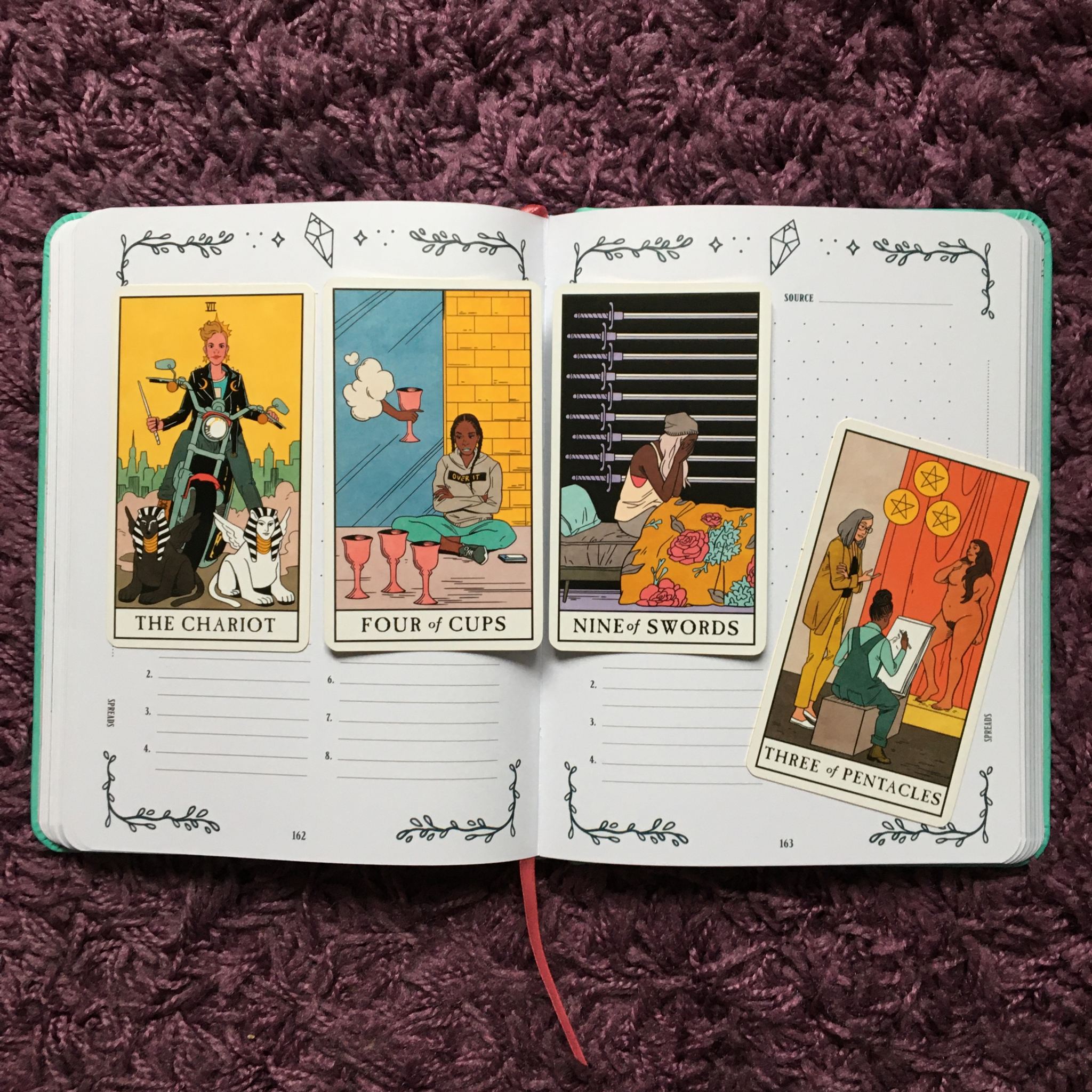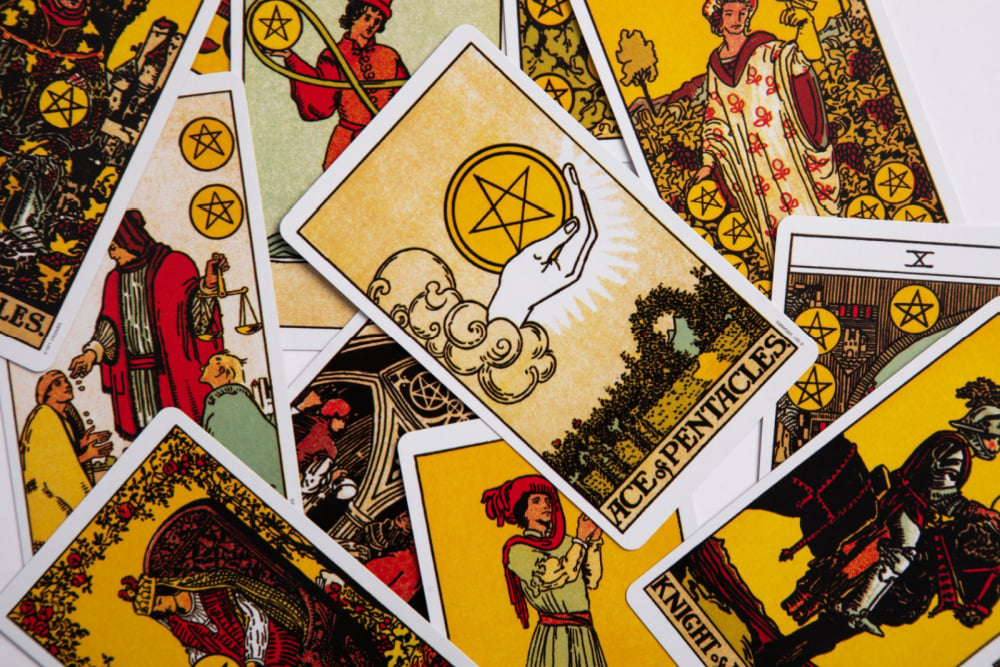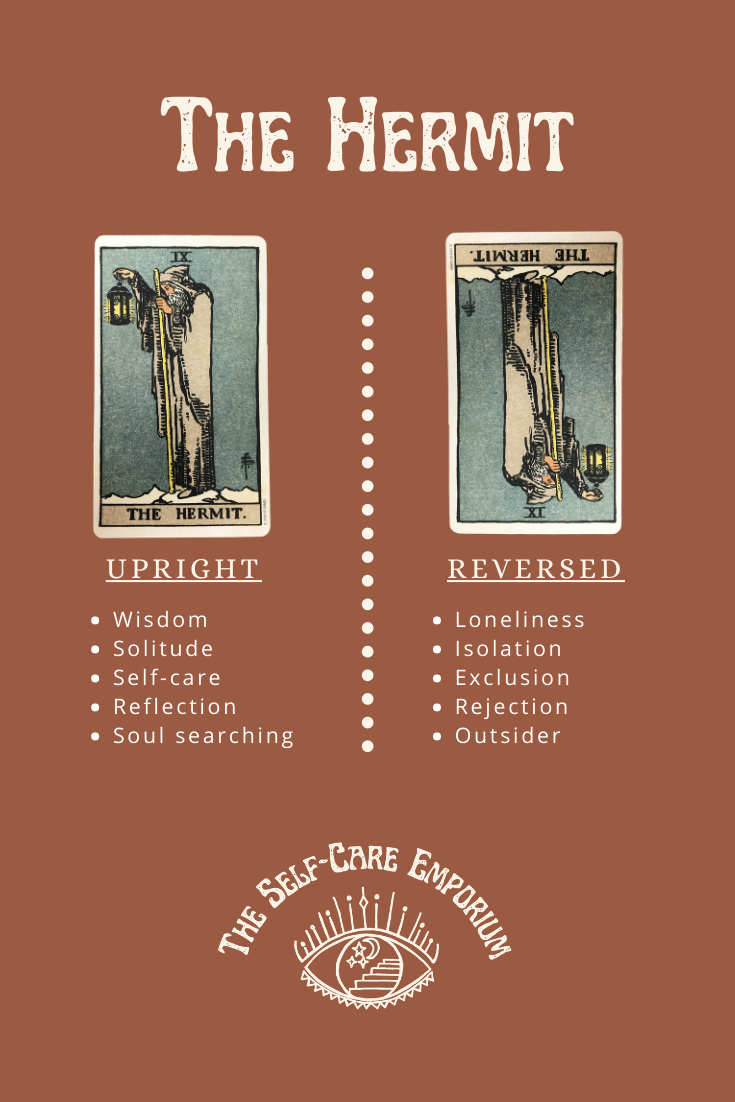
The Minor Arcana is the suit of Cups and the Ace of Cups, a card that represents the Ace of Cups. This card symbolizes new beginnings, both in social and emotional terms. The Ace of Cups has been associated with the numbers 4-4 and 40-40. It is a great card to use for spreads and readings.
Meanings of the Tarot
You may feel an emotional release when you see the Ace of Cups during a Tarot reading. You might feel inspired to start something new, or even take up a class. You may feel inspired to start a new project or participate in interpretive dance. While you may be comfortable with who you are and what you have to offer, you might also be open to trying something new, something that will make you feel better about yourself and help others.

Interpreting the Ace Of Cups
The Ace of Cups symbolizes new emotional beginnings and is associated with joy and abundance. It can also symbolize new relationships. This card can also indicate platonic relationships between oneself and another. The meaning of the Ace of Cups depends on the cards surrounding it and the position in which it appears.
In a reading, interpret the Ace of Cups
If the Ace of Cups appears during a Tarot reading it can indicate emotional flow. This card can signify creative opportunities, love connections and compassion for other people. It can also be used to indicate spiritual fulfillment.
Interpreting the Ace of Cups in a Spread
An Ace of Cups (or Ace of Cups) in a tarot spread may indicate many issues. An Ace of Cups in a tarot spread can signify a rush or energy. Conversely, an Ace in the reverse indicates stagnation. It could also signify a recent emotional crisis. A person should take the time to assess their situation and learn to love again. Repressing emotions will only make it worse. When you are in crisis, losing control is not an option. Additionally, you need to know how to set boundaries and avoid further disappointment.
Interpreting the Ace of Cups in a Career Reading
If you are looking for a career change, the Ace of Cups may indicate that you have an opportunity to assume a new role or challenge. It may also indicate a new connection or business partner. You might feel more free, creative, and abundant at work. However, if you have the Ace of Cups in the reverse position, you might feel disconnected or anxious at work.

Interpreting the Ace of Cups in a Relationship Reading
The Ace of Cups represents deep, committed love and is an important card for a relationship reading. Like the other major arcana cards, the Ace of Cups can also mean a strong and powerful spiritual connection. The card also suggests a love life filled with strong feelings of happiness.
FAQ
What are educational hobbies?
A hobby that teaches you something is called an educational hobby. It could be anything from playing sports to learning how to play an instrument.
It should be enjoyable and fun for you. It doesn't have to be done all the time. However, if you get bored of it, you should think about other things you can do instead.
You also want to ensure you're not spending too much on these activities because they can end up costing you more than they're worth.
Why do we have hobbies?
Hobbies are an integral part of our daily lives. They allow us to relax, unwind and think creatively. Hobbies offer opportunities to develop new skills as well as life-long interests.
Hobbies help us to find meaning and purpose in our lives.
They are great for spending your free time when there's not much else.
They are also very entertaining!
If you don't have time for a hobby, then you probably don't have time for anything else either.
You have many choices. If you don't have a hobby yet, then maybe you should start one today!
What is observation hobby?
Observation hobbies allow you to observe others doing the same thing. This could be watching sports, reading books or going on holiday. It could also include observing others.
Observation hobbies can be very beneficial because they allow you to learn how creative thinking works. This knowledge will be useful later in your work for others and yourself.
If you are passionate about something, you will find it easier to learn about it.
For example, if you want to know more about football, you may watch a game or read a book about it. Visit or take photographs to learn more about the art of photography.
If you love to play music, there are two options: either buy a new guitar online or follow along with the songs.
You could also choose to cook at home or go to restaurants if you are a good cook.
You could also grow flowers or vegetables if you enjoy gardening.
If you like dancing, you could join a dance class or go out with friends.
If you love painting, you can paint pictures.
If you love writing, you might be interested in writing poems and stories.
You can draw pictures if your passion is drawing.
You could work as a caretaker or keeper at a zoo if you are passionate about animals.
If you enjoy science, you might consider studying biology, chemistry and physics.
You can read books, listen to podcasts, or watch films if history interests you.
If you enjoy travelling, you might consider exploring your local area or traveling abroad.
Statistics
- Much of this decline reflects the fact that teens are less likely to work today than in the past; among employed teens, the amount of time spent working is not much different now than it was around 2005. (pewresearch.org)
- 37% Video Games 36% Travel 36% Health and Fitness (quizexpo.com)
- In comparison, men in the “no humor” condition were refused 84.6% of the time and were only accepted 15.4% of the time. (time.com)
- The intensity of the dialogue partners' bond at the end of the forty-five-minute vulnerability interaction was rated as closer than the closest relationship in the lives of 30 percent of similar students. (time.com)
- A new survey by Pew Research Center of teens ages 13 to 17 finds that 36% of girls feel tense or nervous about their day every day; 23% of boys say the same. (pewresearch.org)
External Links
How To
How to start gardening
Gardening is one of the oldest forms of agriculture. It takes patience, persistence, determination, and perseverance. You must choose a suitable location to start your garden. You could choose to plant food on a large parcel of land, or in your own backyard. Next, you will need to decide which type of plants are best for you. Do you prefer flowers or vegetables? Some people are passionate about growing herbs, while others like raising livestock like rabbits. Before you decide what crops to plant, you should think about how much space is available. If you live in a region that experiences cold winters then it is possible to grow fruits and berries.
Once you have selected the plants you wish to plant, you should prepare your soil. It is vital that your soil is prepared properly to determine whether or not your plants will thrive. The soil should be rich in organic matter to provide nutrients for your plants' roots. Organic matter can include leaves, twigs and grass clippings as well as manure and compost. After you have prepared your soil you must add nutrients. You might need different amounts, depending on the species of plants that you want to grow. To determine these values, you can use a fertilizer calculator online. Many fertilizers are available, so make sure you know what you are buying.
Now, wait for your seeds to germinate after you have prepared your soil and added the necessary nutrients. The process typically takes 2 to 3 weeks depending on the weather conditions and temperature in your area. After seeds have sprouted, water them every day. Problems can arise if you water your plants too frequently or too little. You should ensure that your plants get enough water at regular intervals. Avoid overwatering. Overwatering can lead to root rot and fungal diseases. Remember that plants need less water in the summer than they do in the winter. Some plants must be dried out after being watered. For example tomatoes should be kept slightly moist and not wet. Soggy soil is not good for them. After flowers are finished, plants must go dormant. Dormancy occurs when plants stop producing any new growth and start to store energy for the next harvest. Dormancy is when the plant stops sending signals back to its roots for food production. Throughout this time, plants can store energy. The plant will eventually die if it is not given enough sunlight or temperatures below freezing.
Living in urban areas may restrict the types of plants you can plant. Concrete sidewalks, roads or parking lots can block sunlight from reaching urban areas. Concrete absorbs light which blocks sunlight from reaching the ground below. This is why many plants cannot thrive in cities. Fortunately, there are still many plants that can thrive in an urban environment. Many trees, perennials, shrubs, as well as shrubs can be adapted to urban living. Many annuals can be grown indoors, too, in containers. Container gardens can be used to grow greenery indoors year-round, no matter what the weather outside.
You are now ready for planting!